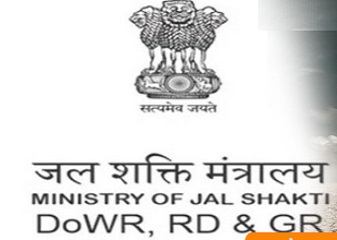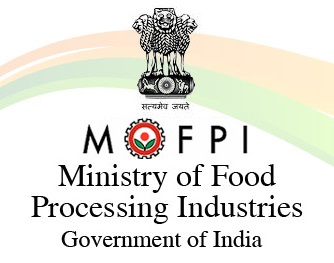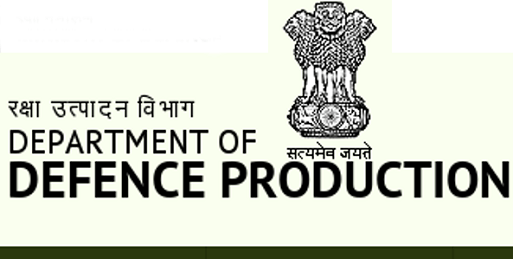
The Ministry of Jal Shakti’s Department of Water Resources, River Development, and Ganga Rejuvenation (DoWR, RD & GR) is hosting the International Conference on Dam Safety (ICDS) at the Rajasthan International Centre (RIC) in Jaipur from September 14th to 15th, 2023. The event will be inaugurated by the Vice President of India, Shri Jagdeep Dhankhar, under the theme “Safe & Secure Dams Ensure Nation’s Prosperity”. This conference will bring together global experts from across India and around fifteen other countries and leaders in the field of dam safety to strengthen India’s capabilities in this critical area.
The conference’s primary emphasis is on clarifying the objectives of Dam Rehabilitation and Improvement Project (DRIP) Phase II and III, underlining their crucial contribution to enhancing dam safety in India. ICDS 2023 marks the beginning of a series of such Dam Safety Conferences planned as part of the DRIP Phase II & III initiative as India is home to over 6,000 dams, ranking third worldwide in terms of the quantity of large dams. A significant portion, approximately 80% of these dams, has been in service for over 25 years, with 234 of them exceeding a century of operation. Ensuring the safety of these dams is an overarching priority.
One of the key highlight of the inaugural session is launch of the “Pani Ki Rail,” in collaboration with the Ministry of Railways consisting of two well-known trains, the Himsagar Express and the Kamakhya Express. These trains will serve as mobile billboards and will reach millions of people, emphasizing the value of water as a finite and invaluable resource and importance of water conservation, river rejuvenation, clean drinking water and improved sanitation.

Day 1 of the conference will have technical sessions on the latest technologies and innovative approaches to dam safety with respect to monitoring, inspection, and rehabilitation of dams.
Day 2 will have two technical sessions, one centered around dam health assessment, presenting the latest methods for evaluating the structural integrity of dams, the second session will emphasise on industrial application of dam safety, showcasing the use of dams for hydropower, irrigation, and flood control. On the sidelines of the conference, an exhibition will be organised at the venue for display/exposition of products, charts, banners, & photographs showcasing the latest developments, technologies and solutions in various areas of dam safety.
Day 3 will have sightseeing tours (September 16, 2023) including leopard safari and a visit to Bisalpur Dam.
Recently enacted Dam Safety Act (DSA) 2021. further mandates establishment of the National Committee on Dam Safety, National Dam Safety Authority (NDSA) at the Central level and establishment of the State Committee on Dam Safety and State Dam Safety Organisation at the state level. Further, dam owners are now required to have a dedicated Dam Safety Unit, prepare Emergency Action Plans, and conduct Comprehensive Safety Evaluations at regular intervals. With provisions for two types of offenses related to dam safety and the emphasis on regular risk assessments.

The responsibility for ensuring dam safety primarily falls on dam owners, including state governments, Central Public Sector Undertakings (CPSUs), and private entities. In 2012, the Dam Rehabilitation and Improvement Project (DRIP) Phase I was launched to address these concerns, covering 223 dams in seven states with a budget of Rs. 2,100 crore, resulting in significant safety improvements.
Building on this success, DRIP Phase II and III, funded by the World Bank and AIIB, continue efforts to enhance dam safety. These phases concentrate on rehabilitating dam structures, improving instrumentation, and establishing dam safety institutions, demonstrating India’s commitment to safeguarding its water infrastructure.
The scheme aims to fully rehabilitate 736 dams across 19 states, with implementation spread over ten years, split into two six-year phases, Phase-II and Phase-III, with a two-year overlap. The project costs Rs. 10,211 crore, including Rs. 7,000 crore from external loans and Rs. 3,211 crore from participating states and central agencies.
The conference is being organised in collaboration with the Rajasthan Water Resources Department, the Central Water Commission, the National Dam Safety Authority, MNIT Jaipur, WAPCOS Ltd., the World Bank and the Asian Infrastructure Investment Bank. ICDS 2023 is backed by esteemed organisers, academics, DRIP implementing agencies, sponsors, and media partners.




